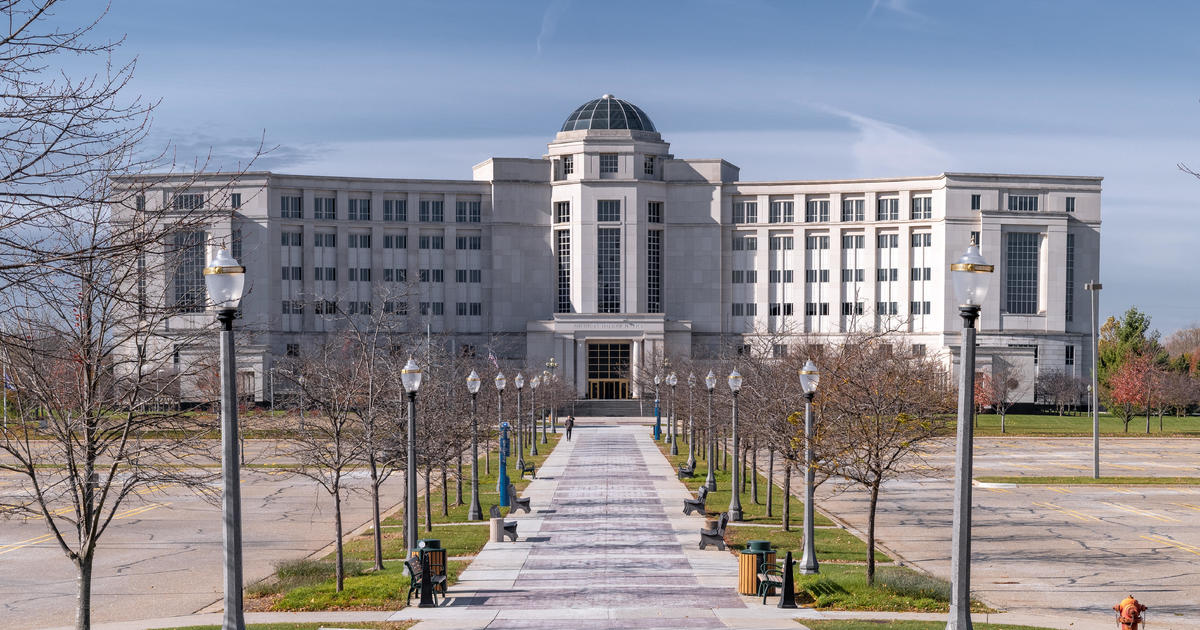Harvard Prof: Rising Tide Lifts Only The Boats You've Got
Turns out a rising tide does not lift all boats. It only lifts the boats you have, not the ones you wish you had.
That was the message at the Detroit Regional Chamber's Mackinac Policy Conference from Harvard University economist Michael Porter, an expert in economic competitiveness and economic clusters.
"You can't create a cluster from scratch," Porter said. "You have to concentrate on your existing strengths."
Luckily, Porter said, despite the "disaster decade" of the 2000s that saw Michigan slip from the middle of the pack to near the bottom of most indicators of economic health, Michigan has plenty of existing strengths on which to build.
"I want you to have a picture in your mind of a very vibrant economy with a lot of strengths," Porter said. "This is not South Carolina or Mississippi. The question is, can we get out of our own way in terms of our business environment and build on these strengths."
The one thing Michigan does need to lose, Porter said, is the intramural infighting. He said that in his study of Michigan's economic past, "this state has been much too focused on dividing the pie -- east vs. west, labor vs. management."
Porter said Michigan still has "some very interesting assets," chiefly in innovation and its strategic location for international trade.
Porter said Michigan needs to work on three key drivers of competitiveness:
* The overall business environment, access to inputs in an efficient manner and the right rules and incentives
* Clusters and incubation, building and strengthening its economic legacies and moving into closely related industries
* Coordination across geographic regions of the state that are admittedly very different economically.
"One of the things you learn studying competitiveness is that you want your neighbors to do well," Porter said. "If your neighbors do well, then you do well."
And Porter stressed he wasn't talking about wholesale deregulation of business. "Let's just simplify it and speed it up," porter said. "Let's make fast decisions, make it a more transparent process, and reduce unneccessary costs of doing businesses."
He also advised state and local worker training programs "that are actually designed for the state's employers" and their needs. He noted that a lot of jobs don't require a four-year college degree (putting him at odds with an earlier speaker, Geoffrey Canada of the Harlem Children's Zone, who said his aim for all the children in his program was to send them to college -- on the theory that that's what rich people do).
Porter also addressed his concept of "shared value," that there's economic opportunity in solving societal problems like a damaged environment or world hunger or dwindling energy resources. "So don't think of yourself as a food company, think of yourself as solving nutritional problems," Porter said. "Today's students at the Harvard Business School do not want to create shareholder value. They want to create shareholder value while creating societal value."
Thursday afternoon's programs at the Mackinac Policy Conference continued with a panel discussion on Michigan's health care industry, which according to a March report by the Michigan State Medical Society and the Michigan Health and Hospital Association is responsible for more than half a million jobs in the state.
Several representatives in the industry -- including Frank Foley, site leader of Pfizer Inc.'s Kalamazoo County plant, Ken Massey of the Farmington Hills startup Micro Dose Life Sciences, Gene Michalski, president and CEO of Beaumont Hospitals and Patricia Maryland, president and CEO of St. John Providence Health Systems -- said they expect the industry to continue to grow.



